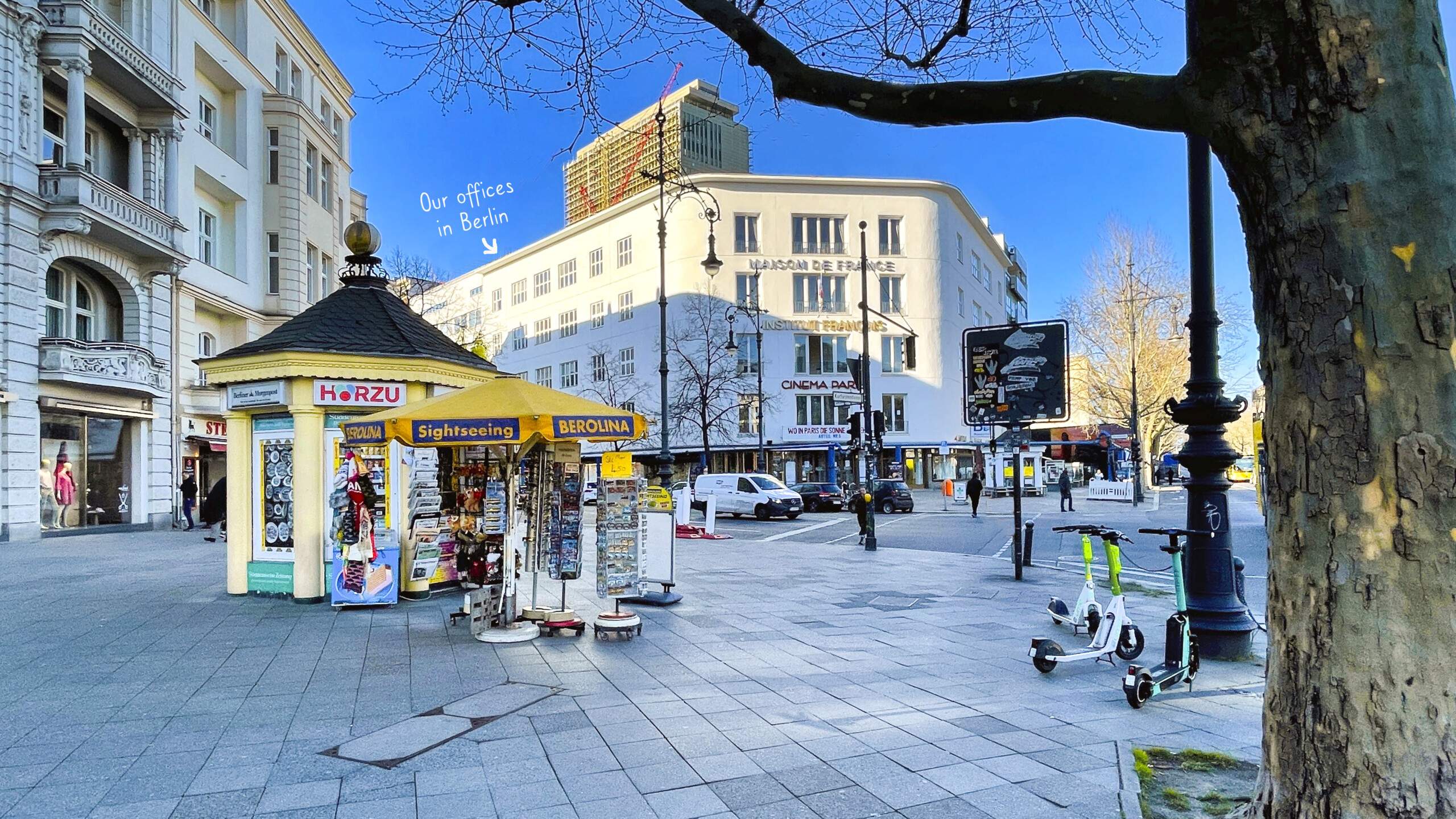2020 – the year the pandemic struck. Everyone had to learn to adapt to new ways of doing things – working remotely, wearing masks, spending a lot of time cooped up at home in quarantine …
Antje – a simultaneous interpreter and German-language teacher – was living in Japan. Andreas – a professor for German as a foreign language – was teaching at a university in Nagoya, a post he has held for a number of years. The two met when Antje was appointed as a lecturer by the same university. Throughout this period, Antje remained in regular contact with Peter, a successful publisher based in Berlin. Antje and Peter have known each other since their school days.
Although at opposite ends of the world, with Antje and Andreas in Japan and Peter in Germany, they realized that online meetings were increasingly becoming the norm. Working from home meant having to get the right equipment including good webcams and microphones. It was also during this period that teaching at universities and schools was moving online. Making a virtue of necessity, conferences moved to the cybersphere.
Take all these ingredients, give them a good shake, and bingo, you have Lingoplanet.
Peter had long ago discovered that apps, smartphones and tablets were well suited to his publishing business; Andreas had been experimenting with digital media for foreign language teaching for a long time; and Antje was busy interpreting conferences taking place on the other side of the planet from her home office and doing online teaching together with Andreas.
Their combined intercultural experiences and their enthusiasm for learning and teaching foreign languages soon gave birth to the idea that live courses coupled with the use of a digital platform could be an excellent new teaching tool. Instead of app-based classes which tend to be so impersonal, students are guided by real-life qualified teachers, with the support of self-study units that are specifically tailored to the live classes.
